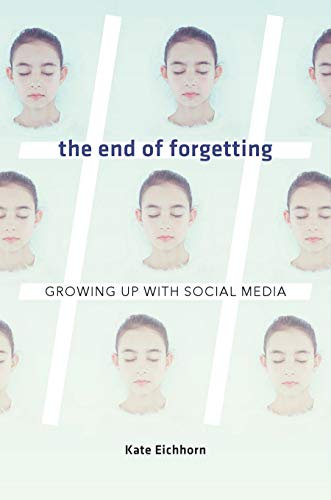Automation isn’t profitable for the companies building products and services on it. Uber claims it’ll be profitable by the end of 2020, but it’s not there yet. It lost $8.5 billion in 2019. Analysts remain skeptical. Lyft is wildly unprofitable, not even pretending it can make it by the end of this year. Grubhub and DoorDash lose money, especially on the food delivery component of their business. And investors and the tech press are putting the pressure on. WeWork – a coworking startup – might be one of the most unprofitable companies in the world.
Even the far less dicey social media world is less a goldmine than one might think. Twitter is profitable, but barely. It consistently misses its own profit forecasts. And Facebook – once wildly profitable – now suffers from narrowing profit margins.
These companies are household names, They’re darlings of the tech sector and widely emulated throughout the U.S. economy. How many executives say their businesses should be ‘more like Uber’ or ‘scrappy like WeWork or DoorDash’?
Why do CEOs model their businesses after losers?




